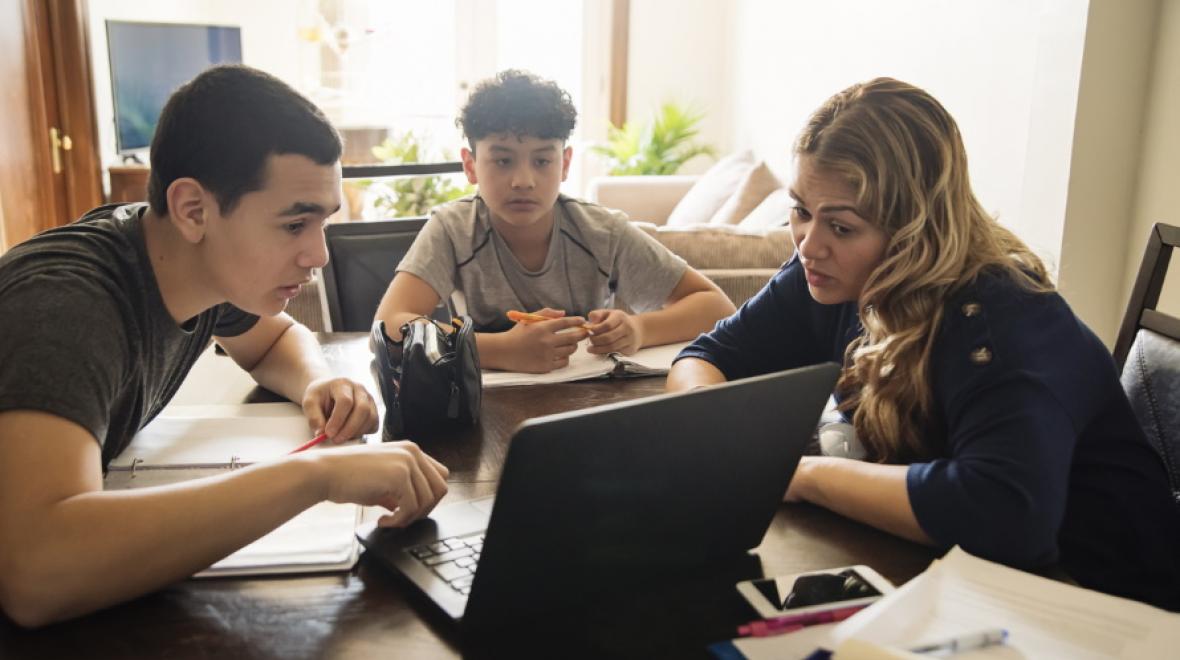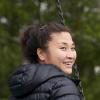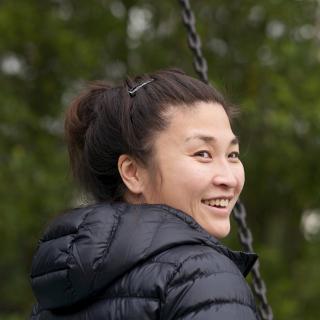
At the time of writing, most school districts have opted to begin the 2020–21 school year with distance learning only. A few are offering two options: a hybrid model or online-only. The amount of definitive information coming forth from area school districts is proving to be achingly slow ahead of a September start, and many parents are still waiting for more details before they can act, though some are putting out feelers for organizing local learning groups. For the most part, families are scrambling and weighing a number of different (and difficult) options. I spoke with several local parents to find out what they are planning.
Worried about family
“I’m hoping we can buddy up with someone,” says Seattle parent Lauren Hernandez. “I work part-time, so I can help two days a week and maybe the other parents can help out. I’m hoping the peer pressure of one other kid will result in more learning, because last spring didn’t work out for preschool. My mom lives with us so we have to be kinda careful about what we do because I’m terrified of her getting sick.”
With an incoming kindergartner, Hernandez also needed to wait until August to know their school assignment. “I don’t know if it’s better to buddy up with existing friends or with my kid’s class.”
Missing the community aspect
ParentMap staff editor Nancy Chaney is the mother of an incoming sixth-grader, and she is similarly weighing options. “I am looking into possibly forming some learning groups with neighbors,” she says. “I am unsure how this would work for middle school. It's not like elementary school where kids mostly stay with the same teacher all day. I have confidence in our neighborhood middle school principal being able to do a very good job with the tools she has, but she can't invent the community and atmosphere of a real school building on any virtual platform. It just feels like we're going to try to make everyone's favorite spaghetti, but we don't have tomatoes or pasta. It's just not possible, and I wish school districts would just be straight about that. Like come right out and say, ‘What we can offer is an extremely, woefully poor substitute for real school and we're sorry about that.’”
Chaney may also rely on the Boys & Girls Club for small-group extended care and socialization opportunities with supervision as the school year starts. “There's a church in our neighborhood that's going to do this,” she says. “We don't belong to the church but I'm looking into it. I think the Boys & Girls Clubs may offer some kind of supervised care. I'm waiting to hear about that as well.”
Balancing child-care issues
Deanna Bush works for the South Kitsap School District. Her district is offering parents both a hybrid and an online-only option in the fall, but a chief consideration in making her schooling decision is her worry about the health and safety of other family members. “My child care is my 72-year-old mother. She is fit as can be but has had severe asthma her whole life, and if my kids go back hybrid or full-time, they risk bringing this back to their grandmother. So, we either go back hybrid, which is one option the district has, and lose our child care because it's not safe for her to be around them or pick them up from school. Or, we do remote and keep our child care.”
Bush is opting to go online and keep her child care. “I don't really see another way. If they go back hybrid, my mom has to be in quarantine in a section of our not-exactly-gigantic house basically all school year, and that's so isolating for her and just impractical. If they do 100 percent online, they get a year with lots of time with their grandma and I know we can find other ways for them to socialize with kids. My thought is that we probably know a family or two who are also being very careful about social distancing who have also chosen online, and we can get the kids together regularly.”
Teaching and parenting
A teacher in a south King County school district who is a mom of two children under the age of 6 (she requested that her name be withheld) is hoping for the best but expecting to scramble once the district releases more information about teacher requirements, including hours, locations and how lessons will be delivered. “I am stressed and searching for what the child-care options will be that will allow me to be a better online teacher and parent than I was in the spring,” she says. “I had a really difficult time doing a good job with either one, [and I'm] constantly torn. My own kids had way more screen time than I ever imagined I would let them do so that I could teach online. At times, live teaching and conferencing with families was really difficult, because my 2-year-old would often be screaming in the background or trying to close the laptop screen.
Her older child is of kindergarten age this year, but “COVID and online learning pretty much sealed the deal; we will wait another year for her to start kindergarten.”
She is currently looking for a pre-K program — including an outdoor forest school her child previously attended — that might be open this fall or finding another local family with whom she can trade support.
Missing friendships
Catherine Tsai, a mom of four children under age 6, had been considering several options for her son, who is supposed to start first grade in the Issaquah School District, including an online private school and even overseas possibilities. In the end, Tsai is putting her faith in her home school district and going along with its plan to start with online-only learning. “I'll see what the teacher provides,” she says. “Since it's just grade one and we've already been working on his Mandarin, math, English reading and writing, I don't think there'll be much difference. But from my kids’ reactions to having friends over, I think what they really need is friends. Academically schooling at home, with or without structure from the school, at least for early ages I think he'll be okay.”
Worried and planning for a different online experience
In the Snohomish School District, Emily Murphy isn’t waiting for more information and signed her child up for WAVA (Washington Virtual Academies), a tuition-free online public school run by the Omak School District. “I opted for this because SSD has not released a plan yet and the people who are attending the reopening meetings are reporting back that the emphasis is on reopening and they only last week began to more seriously look at online details. My child is a third-grade hi-cap, and I wanted to make sure she has an organized and productive year.”
Like Murphy, Stephanie McDonnell is seeking something reliable and stable for her incoming kindergartner, whose home district is North Thurston Public Schools.
McDonnell is also a teacher of several high school science subjects with a separate public online learning program called Internet Academy (iA) that is operated by the Federal Way School District. “Around June, I started to consider online because I always know what iA is going to do,” she says. Recalling her past experiences teaching in a physical classroom and the challenges of pivoting immediately to online learning, McDonnell says, “With iA, this online learning is what we do. We’ve been doing this since the late '90s. This is not new to us.”
Traditional schools are still trying to figure out a game plan. “The unknown scared me more,” McDonnell says. “I am familiar with iA in general. I know the teachers. They have a passion for what they do, pushing students to learn and achieve. For me, it was an easy choice. I don’t have to learn a new system. I know that this is what we do. Nothing is new.”
When schools can return to normal, McDonnell is looking forward to letting her son have that traditional school experience. “In my perfect scenario, we keep him at iA for one school year, and maybe one-and-a-half years would be enough for us to get it together and for school to continue closer to normal. They have to limit student movements now. To me, I don’t want that to be his introduction to education. I’d hate to start him off on the wrong foot. He has a natural curiosity. I don’t want that to be stifled.”











